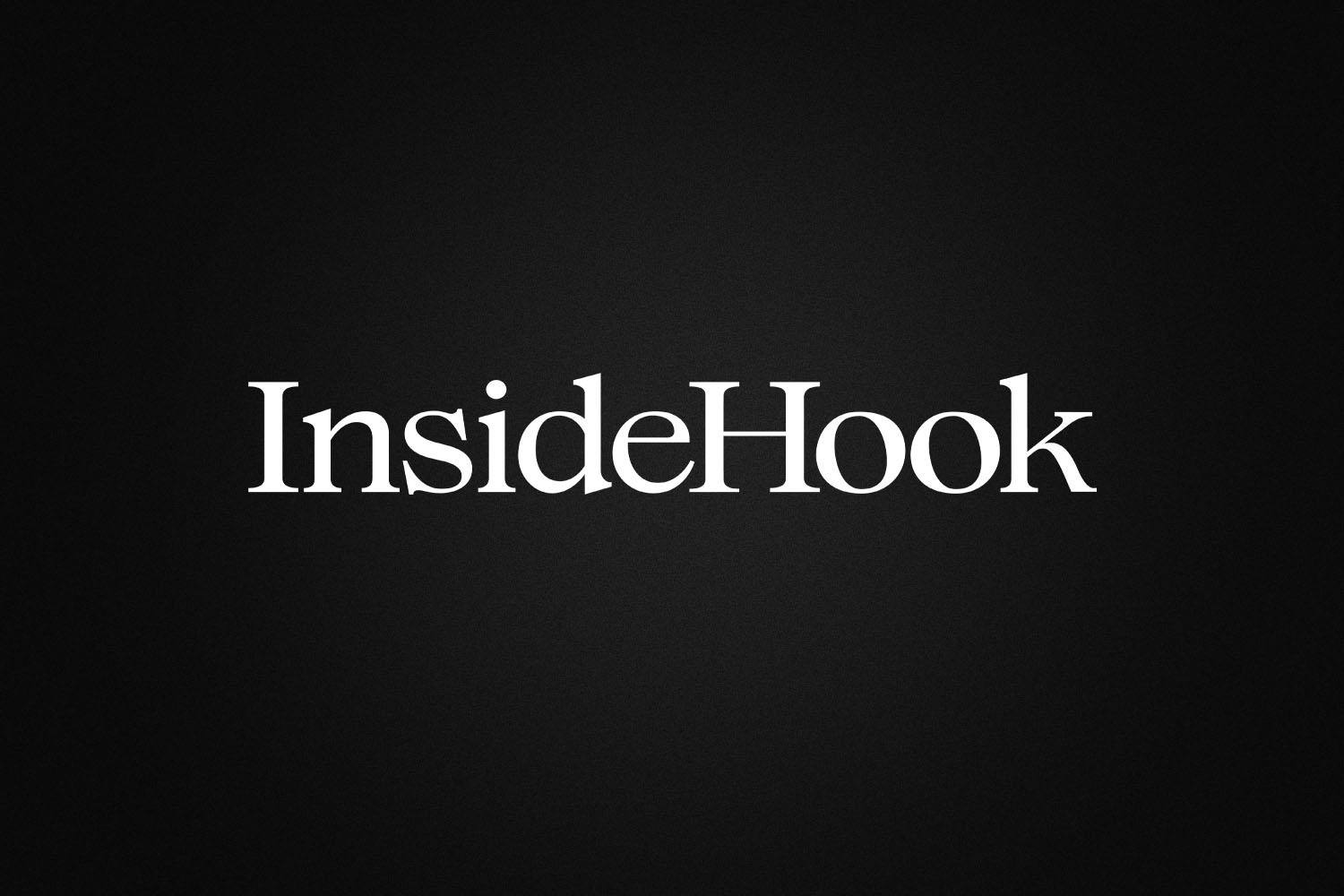Leaving the Roosevelt Theater after the Sunday bargain matinee of Fifty Shades Freed, my first thought was that I have to step up my lingerie game.
In the tradition of a Nancy Meyers film, the movie (based on E. L James bestselling naughty novels) unfolds as a video catalog – of lacy brassieres and satin thongs, wedding dresses, f-ck-me pumps, dream kitchens, sports cars, Aspen getaways, private jets – and sex toys. Viewed in our #MeToo era, a major gender inequity is not the now mundane suburban BDSM that the series has mainstreamed. It’s the fact that Meyers didn’t direct this female sexual fantasy made celluloid – that was left to 64-year-old white male James Foley. That may explain why the car chases and scenes of industrial espionage have more frisson than the mannered manacled intercourse in Mr. Grey’s red room of kinkiness in haute Seattle.
This third in the trilogy weds Dakota Johnson’s nipple-forward Anastasia Steele to Jamie Dornan’s cut Christian Grey in a swift opening montage. It then throws in security breaches and kidnappers to hobble their honeymoon and threaten their new “relationship.” Leave off the riding crops and the story has morphed into a more mundane tale exploring how a couple keeps sex hot while the modern wife struggles to maintain independence and a career from her control-freak husband, and then confronts the ultimate in c-ck-blockers: having children. The movie revolves around control: sharing it, ceding it, fighting for it, abandoning it in a secure space with a safe word as a release valve. Intercourse that once seemed dangerous has been subsumed into the relative security of marriage vows.
Belittle the schlock all you want (the book’s prose made my eyes bleed) but do so at your own peril. It was first at the box office this pre-Valentine’s Day weekend – an estimated $38.8M domestically as of Monday and, with an additional $98.1M outside the U.S., the franchise has now grossed $1B worldwide. According to Box Office Mojo, women comprised 75 % of last weekend’s audience. It’s more proof that female-driven films (The Hunger Games, Twilight, Pitch Perfect, Girls Trip) mint money and yet are underrepresented.
There’s another lesson to be heard here – and it doesn’t compress easily into the #MeToo narrative. When you ask what women want sometimes you have to listen to their answer – even if you don’t share it. Female desire and fantasy come in many shades of grey (thankyouverymuch) – and what some women dream about doesn’t fit neatly into the contemporary culture wars. Abuse of power in the workplace is one thing, as is illegal sexual assault – but, if you asked the many, many middle-aged women at the Sunday matinee who got very quiet in the kinky scenes, they may not be able to articulate that sexual freedom is hard won – and, please, don’t throw out the sex toys with the bathwater.
The Shades are escapist entertainment rooted in discovering and reclaiming female sexual fantasy in a porn-saturated culture catering to men. It’s about soccer moms in book groups and quilting circles getting together to confess their longings and, perhaps, how to make them a reality — or simply sit back and watch Mr. Grey lick ice cream off his Mrs. When male critics ask whether Jamie Dornan can act, and dismissively denigrate his musculature they miss the point. Mr. Grey is a sex object for women and, while Dornan can act just fine (see his role as the serial killer opposite Gillian Anderson in The Fall), he doesn’t need to go full on Hamlet here. He is as much a status vehicle as the flash sports car he drives. These mall-multiplex movies are about owning pleasure, which can come from surprising places, and navigating the real power exchanges in the bedroom – or hanging by handcuffs from a hook.
Having seen the film, I can attest that it’s giggly silly and sails along on material wish fulfillment, as much as sexual– but its box office success shows that it connects with many if not all women in America and around the world. One challenge of #MeToo is that in the wake of recent revelations, discriminatory exploitation of sex in the workplace and the justifiable rage at the machine, we must also reclaim the power of consensual sex and, possibly, remember that in the long run the best revenge is putting women on top and reclaiming pleasure. There’s power in that, too.
This article was featured in the InsideHook newsletter. Sign up now.
